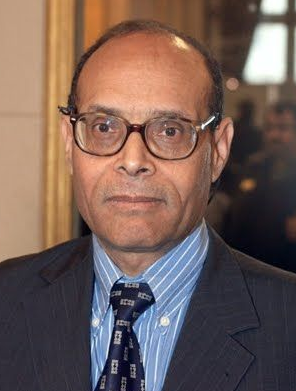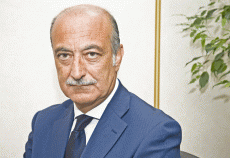Tripoli, 8 June:
Tunisian Prime Minister Hamadi Jebali has said that Tunisia will stand by its decision to extradite former prime minister Baghdadi . . .[restrict]al-Mahmoudi to Libya.
“The decision to hand over Mr. Mahmoudi is irrevocable,” he said today, Thursday. His statement is seen as a response to a statement from Tunisian President Moncef Marzouki yesterday said that regardless of what the Jebali’s government had agreed with Libya he would not sign an agreement to extradite Mahmoudi.
Constitutionally, the decision rests with the Tunisian president, not the government, which explains why, despite the apparent firmness of his words, the prime minister did not give a date for the extradition.
Speaking on Tunisia’s Hannibal TV channel on Thursday, Marzouki said that Libya had the right to demand the extradition and that he had been under pressure of the issue, but while there remained a chance that Mahmoudi might be tortured or executed in Libya, he would not sign. He said that for him it was a matter of principle.

Tunisian concerns about the fairness and outcome of a Mahmoudi trial in Libya have continued to block the extradition, approved by the Tunisian Court of Appeal in November. However, at the end of May, Tunisian Justice Minister Noureddine Bhiri announced that an agreement had been reached with Libya and that Mahmoudi would to be extradited. But this was immediately rebutted by presidential spokesman, Adnen Manser who said the prisoner would not be handed over if his life was thought to be in danger.
Earlier, because of those concerns, Tunisia set up a commission to investigate the integrity of the present Libyan judicial system in respect of a Mahmoudi trial. It has been to Libya and is due to publish its findings soon. Last week, Tunisian Prime Minister Hamadi Jebali also said that the Libyan authorities had provided guarantees regarding the rights and treatment of Mahmoudi. However, President Marzouki yesterday insisted that the report would not alter his views and that, as things stood, he would not sign the extradition order.
Marzouki did indicate, nevertheless, that once there was an elected government in Libya, the situation could be different. His spokesman, however, said that the commission’s visit to Libya was merely the first and that others would occur before a report was published.
Mahmoudi is wanted in Libya on charges of financial corruption during the Qaddafi period and incitement to rape Libyan women during the 17 February revolution. [/restrict]








